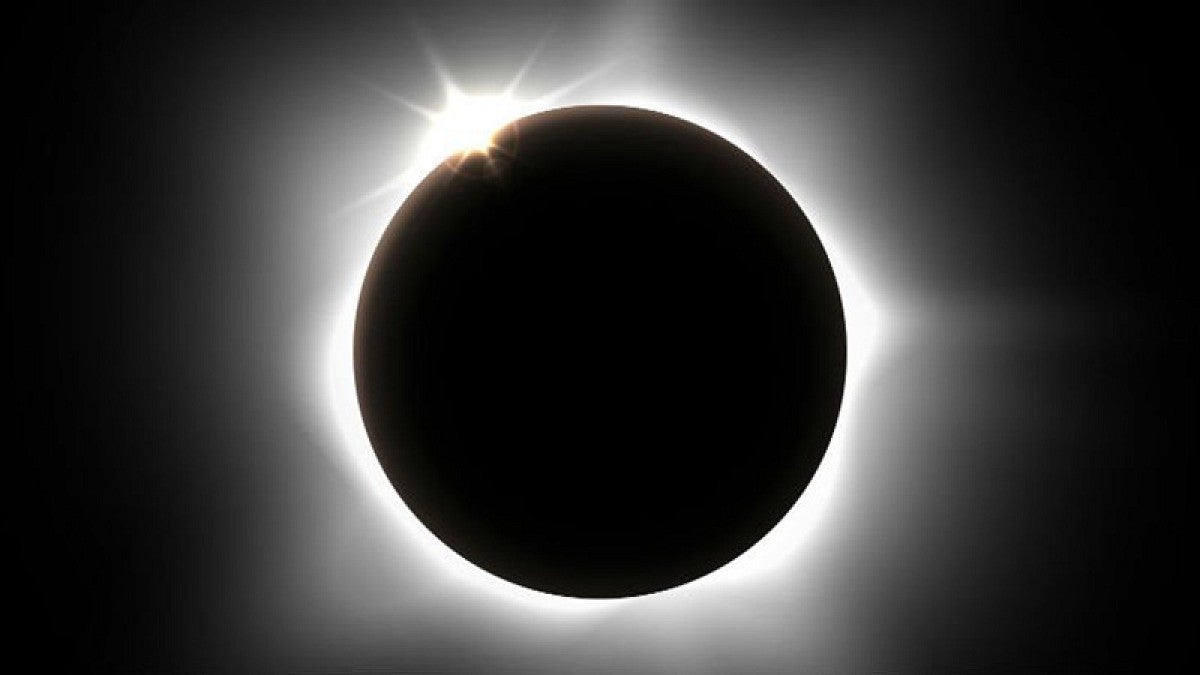A total solar eclipse will cross Oregon on Aug. 21, meaning the sun will be completely obscured and viewers will be able to see a full sky of stars and planets.
It’s a rare enough event that many astronomers, including UO astronomy professor Scott Fisher, are planning to take the day off to seek out the perfect viewing location. Fisher recently was featured in a U.S. News & World Report story on how astronomers plan to spend eclipse day.
Fisher is the outreach coordinator for the Pine Mountain Observatory near Bend — seemingly a perfect place to watch an eclipse. But, from Pine Mountain’s location, only 99.2 percent of the sun’s surface will be obscured, not enough for the astronomer.
If the day is clear enough, not only will all the stars and planets be visible, but so will the sun’s corona, the aura of superheated plasma extending millions of miles away from the sun. Total darkness will fall, and the temperature could drop by 20 degrees.
“That is a wonderful, beautiful event to see — however, you have to be in the path of totality if you want to see all of the effects of the eclipse,” Fisher said. Even at 99 percent of totality, the sun’s rays will obscure the corona and many of the stars.
For more, see “Astronomers Plan to Play Hooky During August Eclipse” in U.S. News & World Report.


